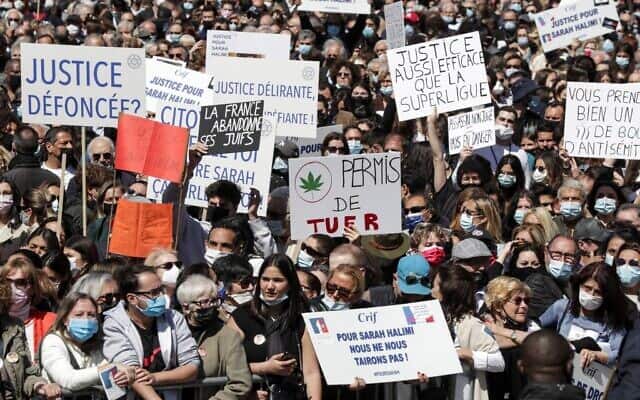EUROPEAN JEWISH CHIEF WARMLY WELCOMES COUNCIL DECLARATION ON ANTI-SEMITISM BUT SAYS TWO VITAL PIECES ARE MISSING
Brussels 6 December 2018. The Chairman of the European Jewish Association (EJA) today welcomed the Council of the European Union unanimous adoption of a declaration in the fight against anti-Semitism as a significant step forward, but said that the document misses two key points and arguably the two most important factors affecting anti-Semitism – ongoing efforts to curb Freedom of Religion and practice, and anti-Zionism as typified by the BDS movement.
Urging Europe’s leaders to sign up to the “Jewish red lines” ratified by the members of the European Jewish Association at their conference in Brussels in November, Rabbi Menachem Margolin, whose EJA represents thousands of Jews across Europe and is headquartered in the Belgian capital, said in a a statement:
“The EJA can only welcome the declaration and the commitment by the Council of the European Union to fighting anti-Semitism and better protect Jewish Communities and Institutions in Europe. I am particularly grateful to First Vice-President Timmermans, Commision Jourova, and Katharina Von Schnurbein, the EU’s special envoy on combatting anti-Semitism, for their on-going commitment to safeguarding European Jewry. This triumvirate is making a real difference and putting our concerns front and centre across the EU. The European Jewish Association and its many thousands of members and supporters is deeply appreciative of their efforts, and those of the council members who adopted this declaration unanimously.
“There are however, two vital and missing pieces in the declaration, and these two pieces form the root of much of the anti-Semitism felt by Jews in Europe: on-going efforts by some European countries to target Jewish freedom of religion and practice through legislation on circumcision and religious slaughter for instance, and Anti-Zionism typified by the BDS movement.
Taken together, and notably absent from the declaration, they represent to European Jewry the touch-paper issues of anti-Semitism, attacks on Jews and their communities, and their way of life.
“Therefore, it is clear to me as Chairman of the European Jewish Association, that any declaration on tackling and fighting anti-Semitism that doesn’t include these two key factors is a declaration that can never be a complete declaration when it comes to tackling anti-Semitism properly and meaningfully.”
“El objetivo de este informe es tomar los excelentes datos que ya tenemos sobre cómo se sienten los judíos, sobre qué tan prevalente es el antisemitismo, y combinarlos con las políticas gubernamentales medibles”, dijo Staetsky durante una conferencia celebrada por la Asociación Judía Europea en Budapest.












